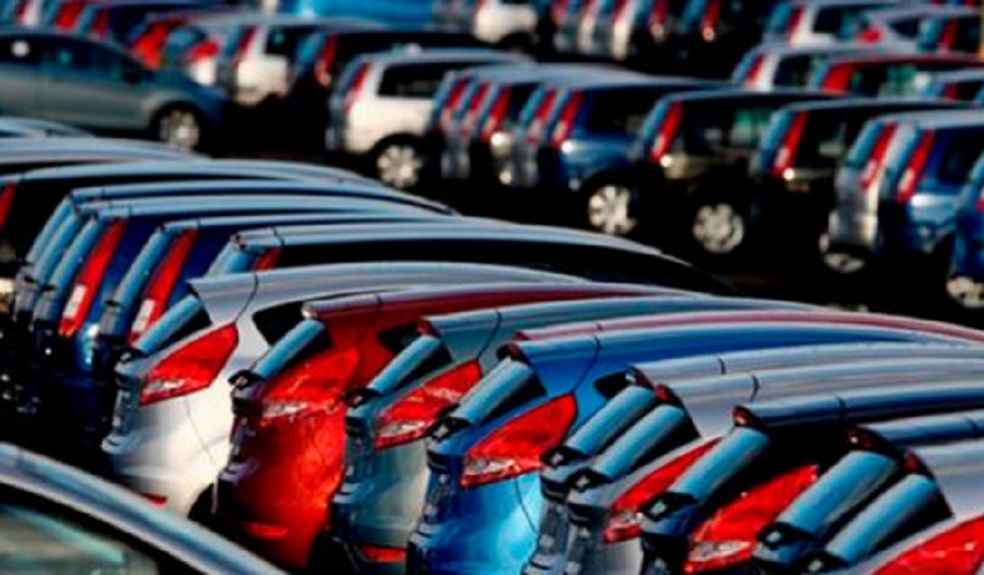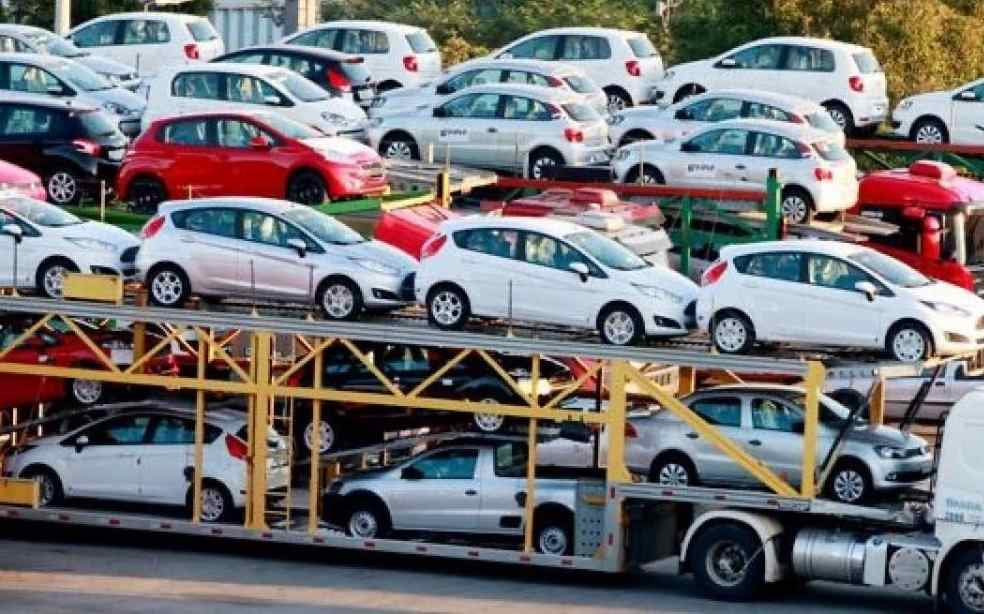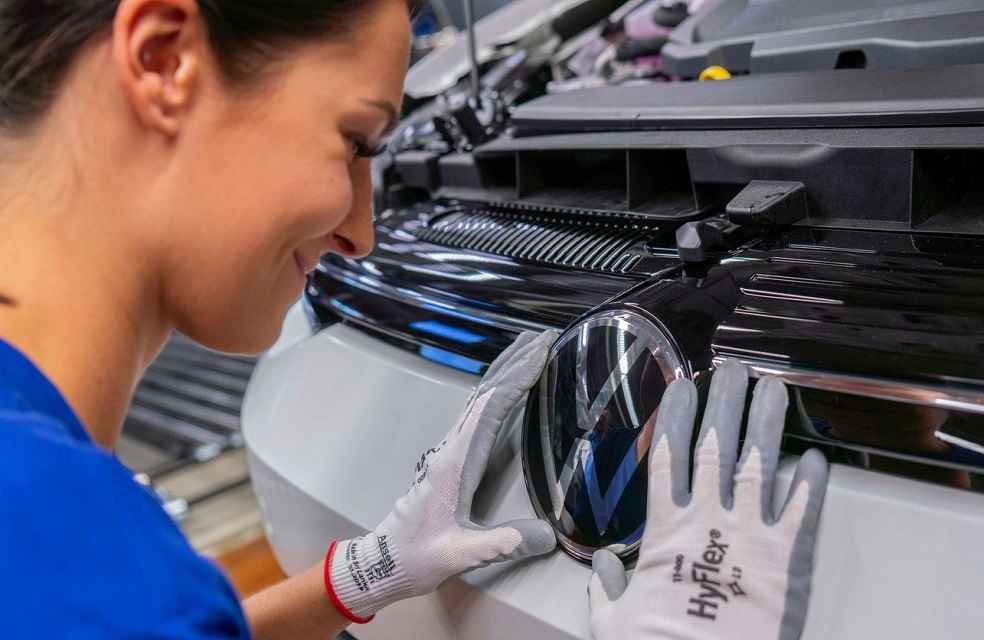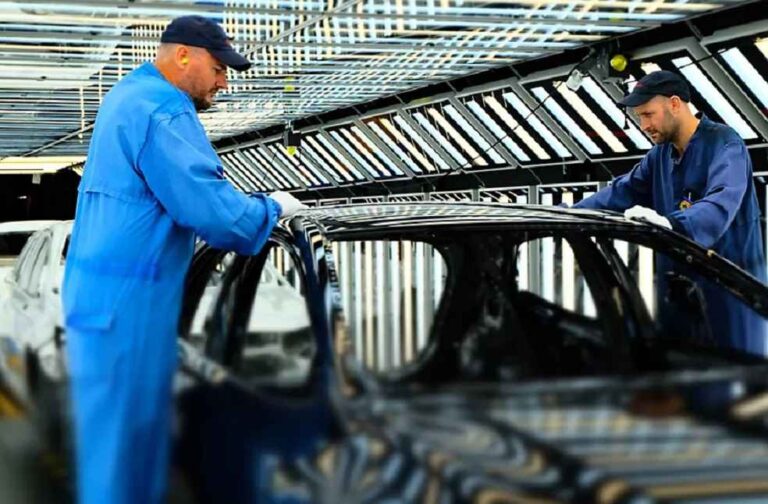A fresh mandate bans the procurement of foreign cars for Russian government officials, reflecting a strategic move to amplify its national automotive sector, as confirmed by trusted governmental sources and regional media narratives.
Historically, elite Russian authorities and heads of state-driven entities demonstrated a strong affinity for cars not of domestic origin, with Mercedes-Benz, BMW, and Audi from Germany taking the top spots. Regional bureaucrats often gravitated towards Toyotas, predominantly the Camry model, and Ford Mondeos. Beyond personal transportation, these vehicles also catered to the needs of law enforcement units and specialized service factions at the state echelon.
Annually, between $300 million to $400 million gets funneled into the acquisition of 30,000 to 50,000 foreign cars by the Russian federal and regional departments. This figure doesn’t account for vehicles funneled into Russia via semi-legal avenues.

Preceding the geopolitical turbulence surrounding Ukraine’s invasion in February 2022, the Russian terrain had burgeoned as a lucrative revenue stream for a plethora of global automakers. Mercedes-Benz had planted operational roots in Moscow, albeit producing a humble 25,000 vehicles per annum, a significant portion of which landed in state contract territory.
BMW nurtured aspirations for a state-of-the-art production facility on Russian soil, potentially eyeing the state procurement niche, yet the Ukraine discord thwarted these visions.
Recent data from Wards Intelligence indicates a drastic decline in Russian automotive production, with numbers plummeting by approximately two-thirds, from 1,349,339 in 2021 to 448,246 in 2022.

The combination of this production slump and the departure of many Western automotive brands post the Ukraine conflict has left the government’s car fleet in dire need of replenishment. Both Russian and Chinese brands are now in consideration.
Deeming vehicles ‘Russian-made’ poses an intricate puzzle. Predominantly, vehicles birthed on Russian soil are intricate assemblies of foreign components, with a conspicuous Chinese dominance.
Local media whispers suggest this ban has silently rolled out, with an official curtain raise anticipated in the forthcoming weeks. Speculations from the Russian analytical community hint that officials might sidestep this directive for personal commutes.

Renowned names like Volkswagen, Toyota, Suzuki, Daimler Truck, Mercedes-Benz, Volvo, and Ford have severed their operational ties with Russia post the Ukraine crisis. Renault recalibrated its stance, while Hyundai perseveres in St. Petersburg, churning out 28% of Russia’s vehicular output in recent times.
Certain automaker exits align more with logistical snags than any overt ethical or political posturing.
AUTO TECH | Porsche Empowers Customers with Innovative Privacy Center!





